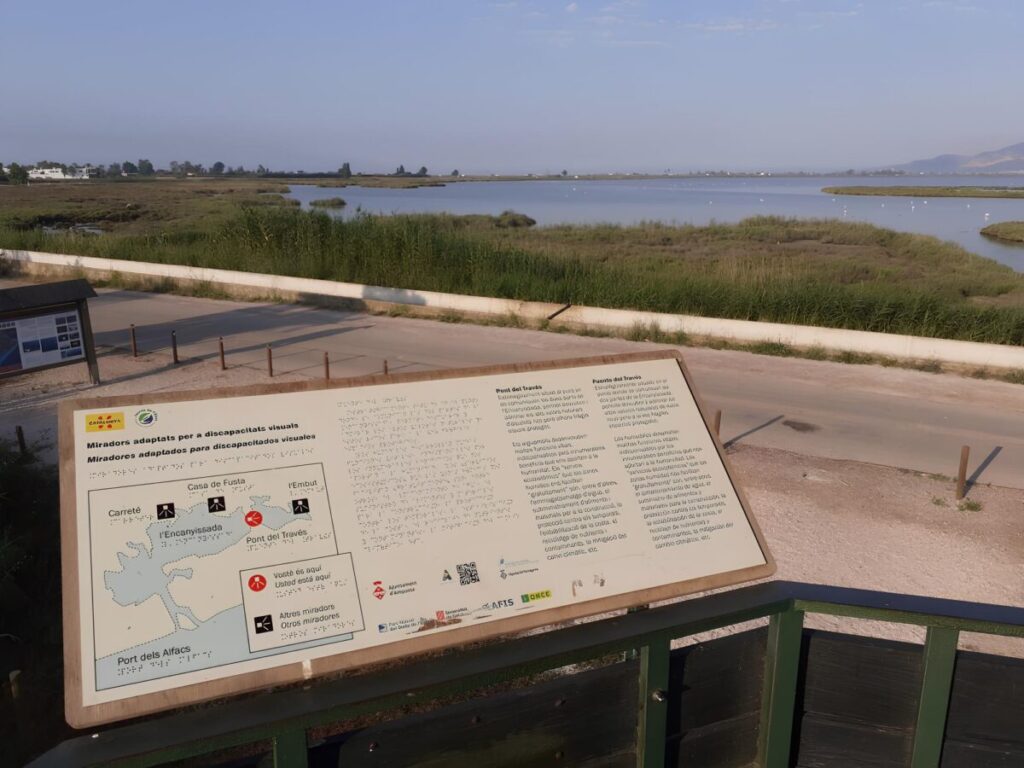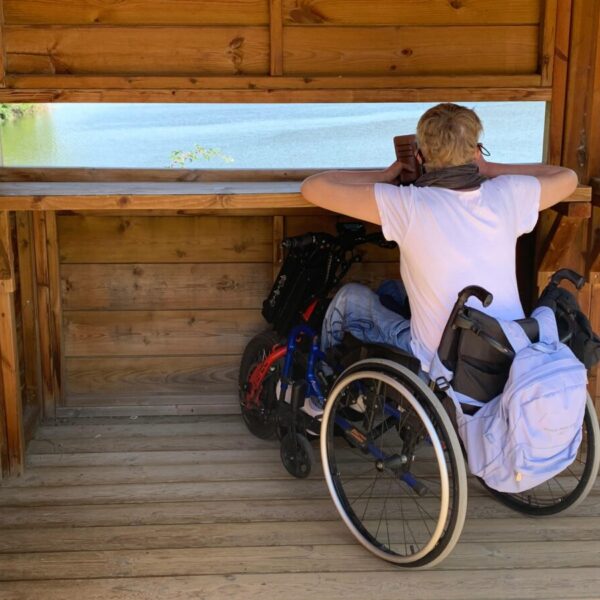Accessibility and environmental preservation come together in an ambitious ecotourism project in the biosphere reserves in Spain. "Naturaleza Conectada" offers an innovative and sustainable tourist experience, integrated into the "Experiencias España" program of the Ministry of Industry, Commerce, and Tourism, which aims to transform tourists' relationship with nature.
After the pandemic, a sustainable and resilient tourism model has been consolidated. It focuses on respecting the territory and biodiversity, complying with environmental regulations, and promoting quality jobs. "The Nature Connected project goes further, promoting tourism that highlights the birds present in the Biosphere Reserves, making known both common species and the most unique of each area, and emphasizing the importance of their conservation," explains Jordi Prieto, biologist and representative of SEO/BirdLife.
The project, launched by TUR4all Travel, SEO/BirdLife, REAJ, and Iurban, is currently in its first phase in five Spanish autonomous communities. Namely, the creation of accessible routes in biosphere reserves with high ecological and cultural value. The selection "was based on reserves with high ornithological value and the existence of hostels adapted for all audiences," explains Miguel Carrasco, director of operations at TUR4all Travel. The idea is to ensure that all visitors will enjoy these spaces, regardless of their physical or sensory abilities.
Environmental education as a pillar of conservation
The increasing demand for outdoor activities and support for professionals in the sector should not compromise our natural resources. That is why this initiative includes a strong awareness component. "We can only achieve this by raising awareness in the sector and educating tourists," warns Jordi Prieto. "The project includes training and awareness actions on environmental sustainability for tourism stakeholders and tourists to promote sustainable practices."

Once holidaymakers have booked an excursion, whether in a group or individually, they will have access to a training catalog designed to ensure a positive impact of the activity. These modules cover the discovery of birds present on the route, best practices to follow, waste management during the activity, accessibility, and the inclusion of the experience. A test will also be provided to assess and ensure the acquisition of knowledge.
Sustainability is the central element of the project, both from an environmental and economic perspective. As Miguel Carrasco points out: "We are working to reduce the carbon footprint of infrastructure, such as inns, by integrating renewable energies and durable materials. Economically, we seek to promote and prioritize local by engaging local suppliers and promoting indigenous products and services. This contributes to rural economic development."
Moreover, digitalization will make more efficient and accessible experiences possible. This will allow travelers to stay away from overcrowded places by enabling them to discover lesser-known natural gems, thereby reducing pressure on traditional destinations.
Advanced Technology and Accessibility for All
Technology is another key to the project. It will provide tourists with the necessary information to select offers. "Thanks to technology and artificial intelligence, the visitor will be able to plan their own trip and select the various possibilities offered. Discover birdwatching, cultural and leisure offers such as museum visits, ongoing exhibitions, or even a music festival, all while staying in the natural heart of Spain", emphasizes biologist Jordi Prieto.
To improve accessibility to these offers, the platform CiceroneAI, developed by IUrban, has been created. It provides access, with a simple click, to a multitude of personalized offers thanks to artificial intelligence. Additionally, mobile applications are currently being developed for birdwatching guides, with visual and auditory accessibility features. "These innovations will allow visitors, regardless of their abilities (the program is designed to be accessible to people with disabilities), to enjoy nature in a more autonomous way," highlights Miguel Carrasco. In the long term, and once the results of the pilot project are confirmed, Naturaleza Conectada aspires to become a replicable model in other protected areas in Spain.

Cover Photo: an innovative, accessible, and sustainable tourist experience @TUR4all Drives Equality
